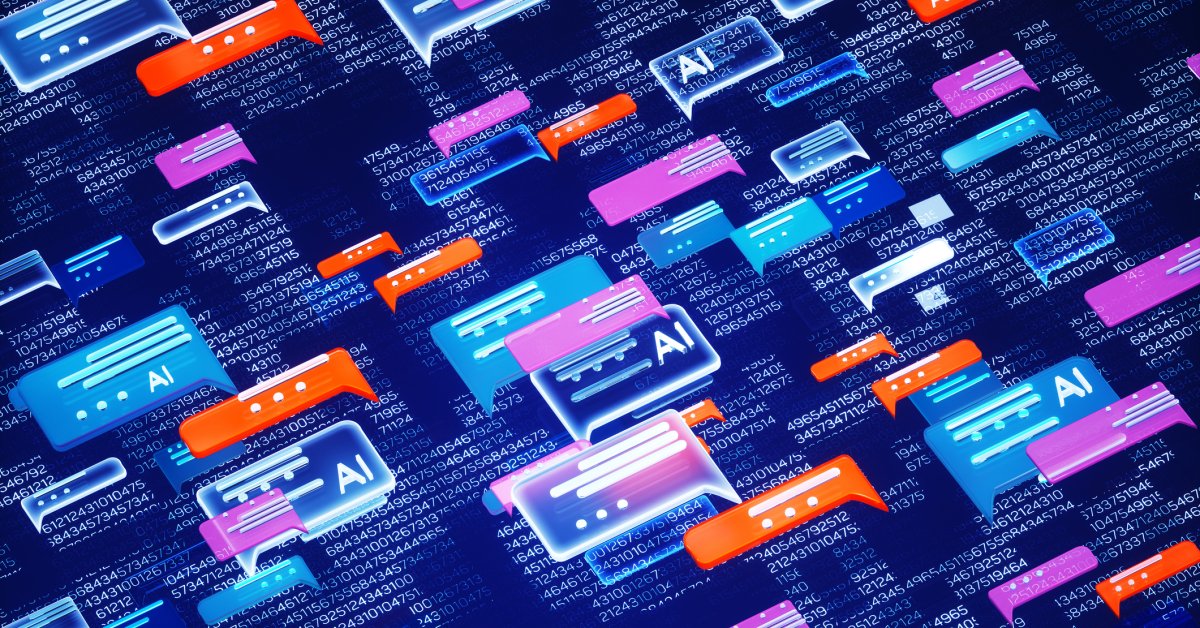The report published by the Future of Life Institute highlights the lack of safety measures in AI development by companies such as OpenAI and Google DeepMind. Despite advancements in AI technology, vulnerabilities were found in flagship models from all developers in the report. While some companies have taken steps to enhance safety, others are lagging dangerously behind. The organization’s 2023 open letter calling for a pause on large-scale AI model training received support from 30,000 signatories, including prominent voices in the technology industry. The report, which was evaluated by a panel of seven independent experts, looked at six key areas including risk assessment, current harms, safety frameworks, existential safety strategy, governance & accountability, and transparency & communication.
The findings of the AI Safety Index project suggest that while there is a lot of activity in AI companies related to safety, it is not yet very effective. Stuart Russell, a professor of computer science at the University of California, Berkeley and one of the panelists, expressed concern about the lack of effectiveness in safety measures. Meta, Facebook’s parent company, and developer of the popular Llama series of AI models, was rated the lowest in the report, scoring an F-grade overall. Elon Musk’s AI company, x.AI, also received a poor grade, with a D- overall rating. Neither Meta nor x.AI responded to the report’s findings, indicating a lack of accountability in addressing safety concerns.
The report’s evaluation considered a range of potential harms, from carbon emissions to the risk of an AI system going rogue. Despite companies touting their “responsible” approach to AI development, the report reveals significant shortcomings in their safety measures. The lack of effective safety frameworks and governance in AI development poses risks that need to be addressed urgently. The report underscores the need for increased transparency and communication from technology companies regarding the potential harms of AI technology.
As companies race to build more powerful AI, the safety of these technologies must not be overlooked. The report by the Future of Life Institute highlights the urgent need for improved safety measures in AI development. With vulnerabilities found in flagship models from leading developers, it is crucial for companies to prioritize safety and accountability in their AI projects. The report’s findings serve as a wake-up call for the technology industry to address the potential risks associated with AI systems and to work towards ensuring the responsible development and deployment of AI technology.









